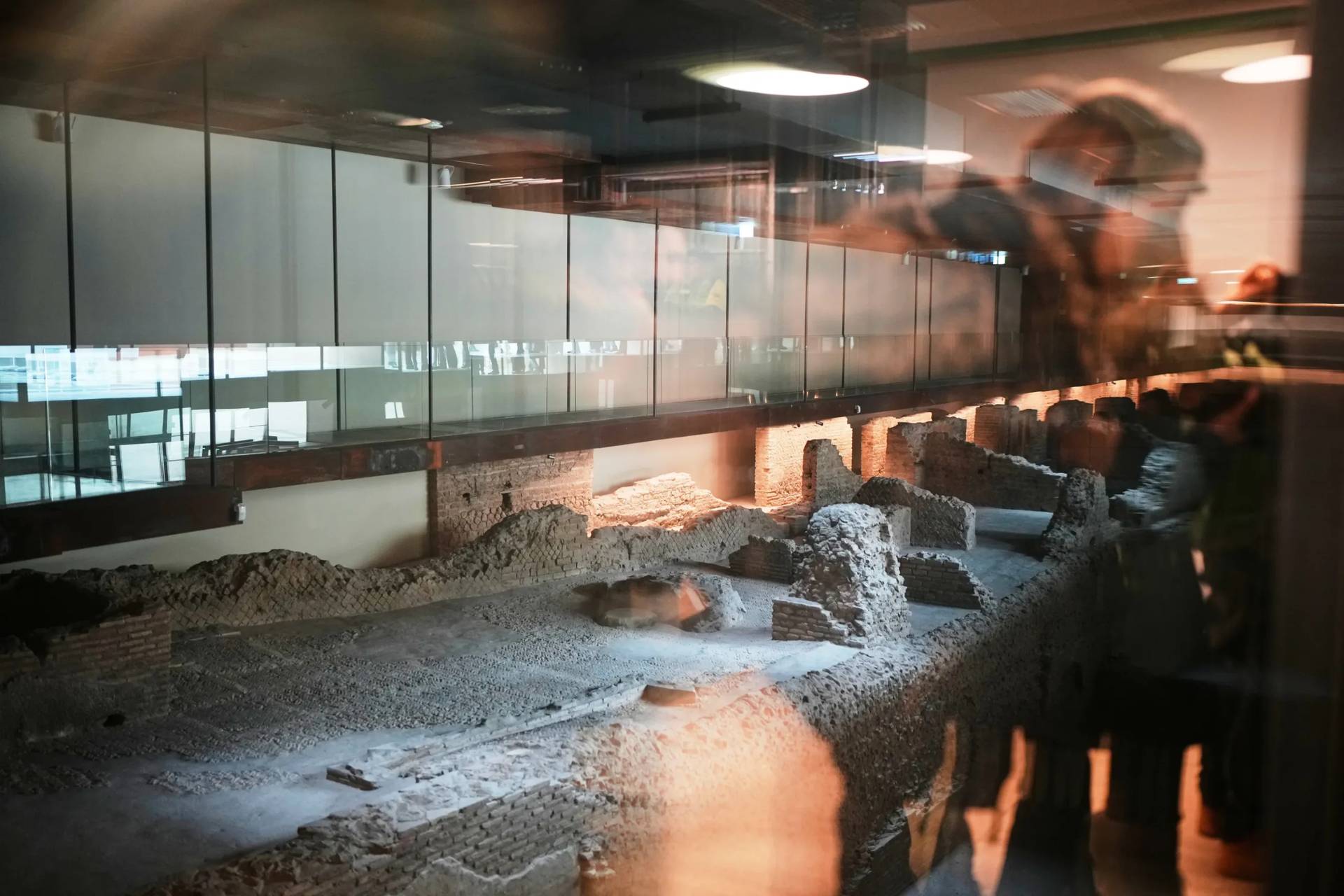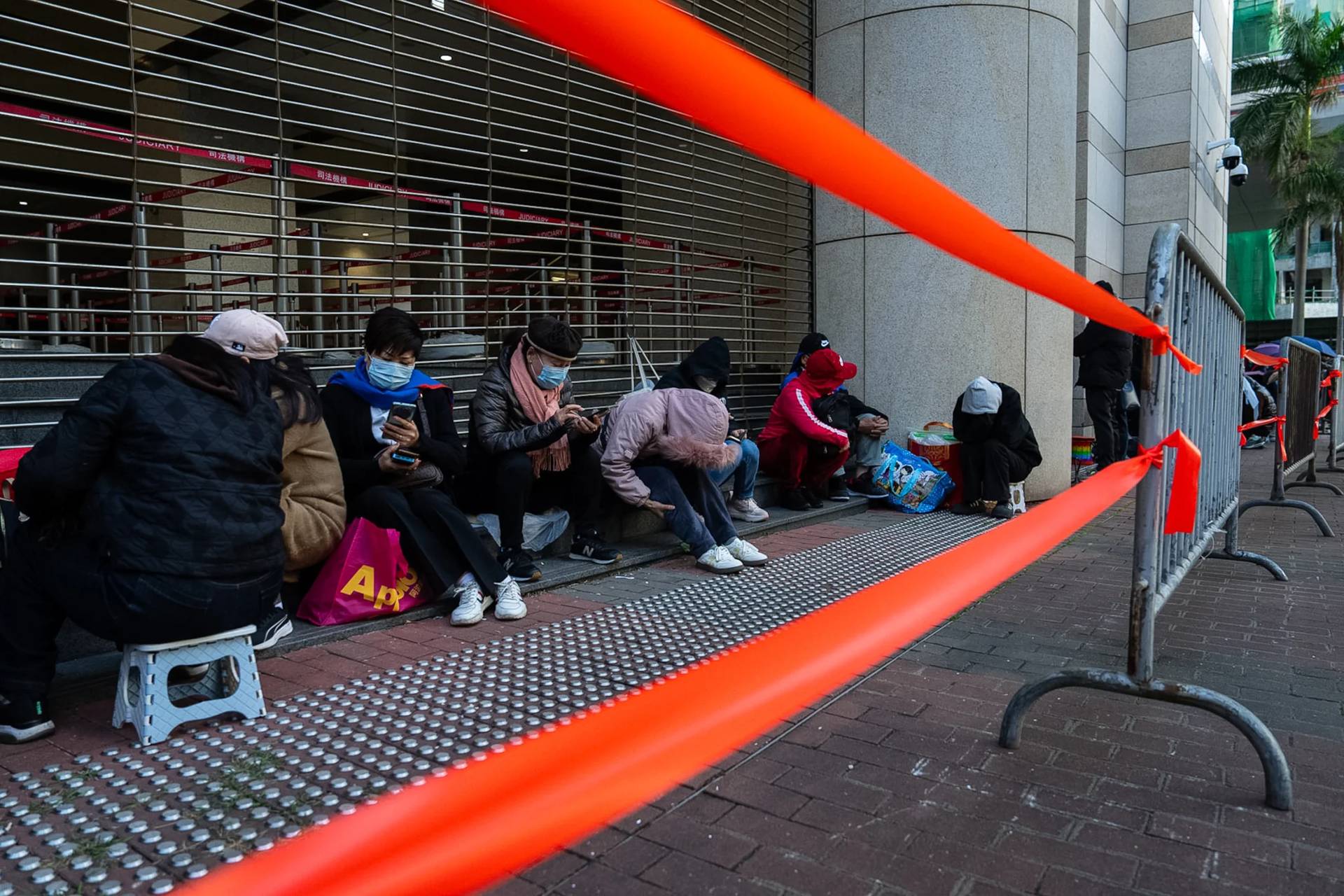SYRACUSE, New York — More than 100 people on Saturday marched six miles, from Onondaga Nation to downtown Syracuse, to honor the Indigenous children who were taken from their communities and forced into boarding schools that focused on assimilation.
The marchers left toys, flowers and children’s shoes at a statue of Christopher Columbus to commemorate the children who did not survive the schools, the Syracuse Post Standard reported.
Dressed in orange to support the Every Child Matters movement, they also acknowledged the trauma that these schools caused.
“My mother came back from the boarding schools, she never hugged me,” Tadodaho Sidney Hill, leader of the Onondaga Nation, told the group. “I guess that’s what they taught her in that school.”
U.S. Interior Secretary Deb Haaland announced in June the federal government will investigate its past oversight of Native American boarding schools and work to “uncover the truth about the loss of human life and the lasting consequences” of policies that over the decades forced hundreds of thousands of children from their families and communities.
The recent discovery of children’s remains buried at the site of what was once Canada’s largest Indigenous residential school has magnified interest in the troubling legacy both in Canada and the United States.
Earlier this month, the disinterred remains of nine Native American children who died more than a century ago while attending a government-run school in Pennsylvania were sent home to Rosebud Sioux tribal lands in South Dakota
Virgil Brave Rock, 62, a member of the Blackfeet Nation who now lives among the Onondagas, spoke Saturday of his experiences at St. Mary’s Residential School in Alberta, Canada, one of several schools where graves were discovered. He described being forced to leave his family and live at the school where children were stripped of their names and given an assigned number.
“I am 266,” Brave Rock said.
Bishop Douglas J. Lucia of the Catholic Diocese of Syracuse told the marchers he felt the need to apologize for what had been done and he condemned the actions of the church at those schools.
“Part of my being with you today,” Lucia said, “is simply to stand with you and weep.”
















